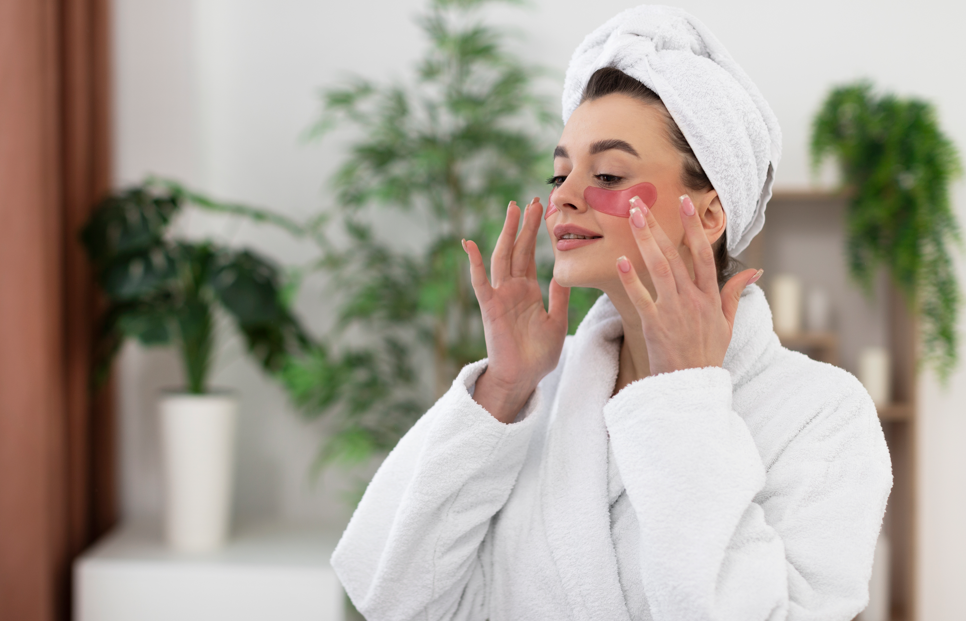Common Skincare Allergens and How to Avoid Them

Managing skin allergies can be a challenging journey, but it all begins with understanding what’s triggering your symptoms. Many products on the market contain ingredients that, while safe for most people, can cause irritation or allergic reactions for sensitive skin types. Here’s a closer look at five common skincare allergens and practical tips to help you avoid them.
1. Fragrances
Fragrances are one of the most common culprits behind skin irritation and allergies. They’re found in everything from perfumes and lotions to soaps and shampoos. Even products labeled as “unscented” may contain masking fragrances to neutralize odors, which can still trigger reactions like redness, itching, or even hives.
How to Avoid:
- Look for products labeled “fragrance-free” instead of “unscented.”
- Read ingredient lists carefully for terms like “fragrance” or “parfum.”
- Opt for brands that specialize in hypoallergenic or dermatologist-tested products.
2. Preservatives
Preservatives are essential for preventing bacterial growth in beauty products, but some can irritate sensitive skin. Ingredients like parabens, methylisothiazolinone (MIT), and formaldehyde releasers are common offenders.
How to Avoid:
- Choose products labeled “paraben-free” or “preservative-free.”
- Opt for natural or organic products, though be mindful that they may have shorter shelf lives.
- Consider storing preservative-free products in the refrigerator to maintain freshness.
3. Essential Oils
Essential oils like lavender, eucalyptus, and tea tree are often marketed as natural and beneficial, but they can still trigger allergic reactions or contact dermatitis in some individuals.
How to Avoid:
- Always patch-test a new product containing essential oils before applying it to larger areas of your skin.
- Use diluted essential oils and avoid applying them directly to your skin unless recommended by a professional.
- Be cautious of “natural” or DIY skincare recipes that may include undiluted essential oils.
4. Nickel in Cosmetics
Nickel isn’t just in jewelry; it can also be found in makeup products like eyeshadows, mascaras, and even foundations. People with nickel allergies may experience rashes or other forms of irritation.
How to Avoid:
- Seek out nickel-free certifications on beauty products.
- Use hypoallergenic brands designed specifically for sensitive skin.
- Consider testing products on a small patch of skin before regular use.
5. Sunscreen Ingredients
Sunscreens are essential for protecting your skin, but some chemical agents, such as oxybenzone, avobenzone, and octinoxate, can cause allergic reactions or sensitivity in some people.
How to Avoid:
- Switch to mineral-based sunscreens with zinc oxide or titanium dioxide, which are gentler on the skin.
- Look for products labeled as “non-comedogenic” to reduce the risk of clogging pores.
- Avoid spray sunscreens, as they can be harder to apply evenly and may contain alcohols that dry out your skin.
Final Thoughts
Navigating the world of skincare allergens doesn’t have to be overwhelming. By identifying your triggers and choosing the right products, you can take control of your skincare routine and reduce the likelihood of allergic reactions.
Remember, everyone’s skin is unique, so what works for others may not work for you. Always perform a patch test when trying new products and consult a dermatologist for personalized advice if you’re unsure about certain ingredients.
